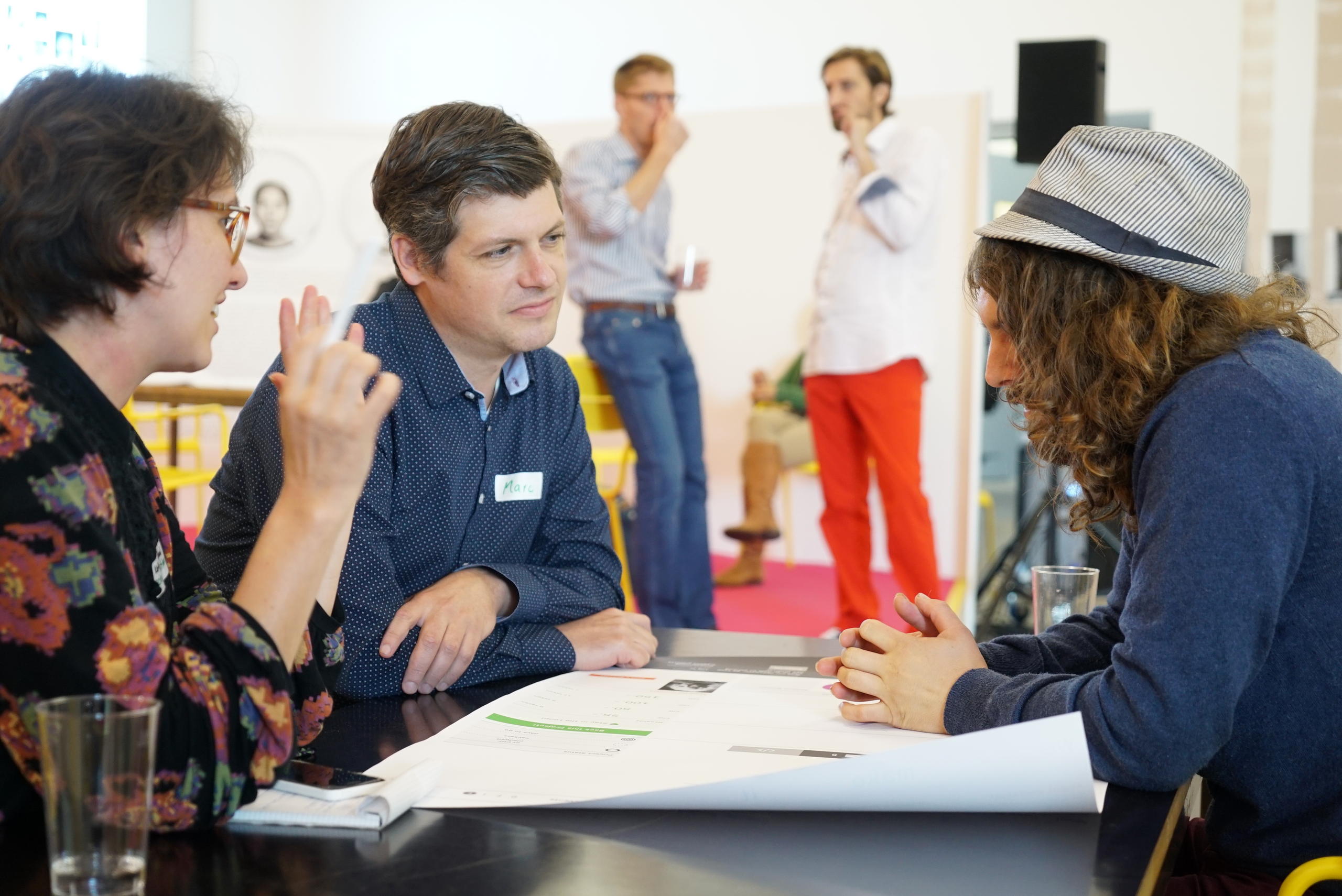
Swiss crowdfunding figures rise dramatically

Crowdfunding campaigns – contributing money to a project, usually online – are booming in Switzerland. Total amounts raised jumped 38% between 2017 and 2018.
The marked increase to a total of CHF516.6 million ($514 million) is even more impressive when viewed in the context of just a few years ago: in 2015, for example, just CHF27.8 million was raised in online campaigns.
The figuresExternal link, published on Monday by the Lucerne University of Applied Sciences and Arts, also show where most of the cash is being funnelled: to start-ups and small and medium-sized businesses, rather than cultural or sporting projects, which are struggling to attract.
And while overall numbers of campaigns slightly dipped, the larger total of cash suggests that average campaign volumes are increasing; real estate and business projects, in particular, drove this trend, the report says.
+ Why some Swiss researchers are turning to crowdfunding for their projects
By international comparisons, last year’s stats put Switzerland towards the top of the pile with an average of CHF61 per person, much higher than per capita figures in neighbouring countries like France or Germany. In absolute terms, China (2017 figure: CHF345 billion), the US (CHF38.7 billion) and the UK (CHF7.8 billion) are way out in front.
Since such campaigns first began, some 10 years ago, a total of around CHF1.1 billion has been raised in Switzerland, the report says.
There are two main types of crowdfunding: “crowdlending” and “crowdinvesting”. The former allows individuals to lend credit to businesses or projects and to be subsequently reimbursed through interest payments; the latter is more of a classic investment model whereby participants buy into, for example, apartments, and then receive a share of profits.

More
Crowdfunding science: ‘An adventure into the unknown’

In compliance with the JTI standards
More: SWI swissinfo.ch certified by the Journalism Trust Initiative






























You can find an overview of ongoing debates with our journalists here . Please join us!
If you want to start a conversation about a topic raised in this article or want to report factual errors, email us at english@swissinfo.ch.